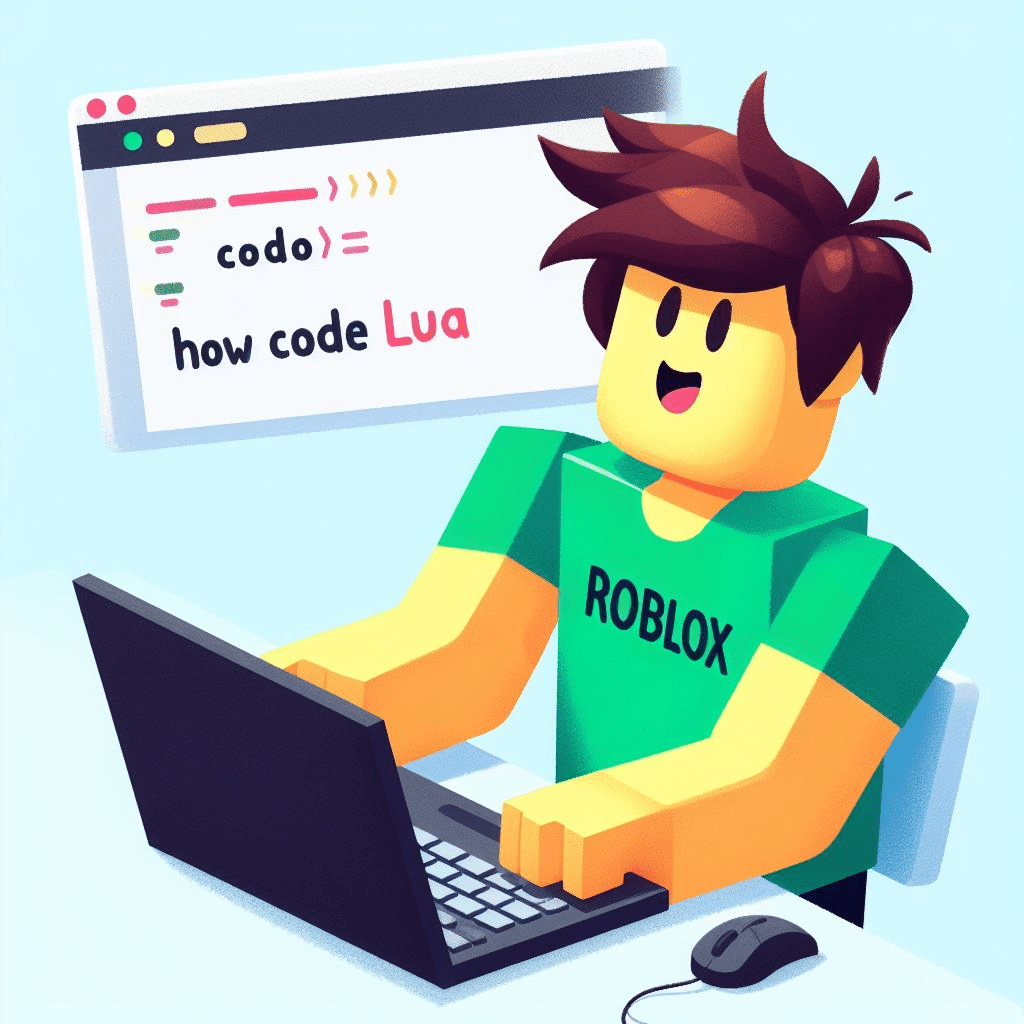Learning multiple programming languages simultaneously can be overwhelming and counterproductive. It is advisable to focus on mastering one programming language at a time to build a strong foundation.

Credit: www.amazon.com
How Many Programming Languages Should You Learn At Once?
Learning multiple programming languages simultaneously is often overwhelming and counterproductive. It is advisable to focus on mastering one language thoroughly before moving on to the next. By doing so, you can gain a deep understanding and strong foundation for effective programming.
Have you ever wondered how many programming languages you should learn at once? It’s a common question among aspiring programmers who are eager to expand their skill set. While there’s no one-size-fits-all answer to this question, there are several factors to consider when deciding how many programming languages to delve into simultaneously.
Let’s explore these factors in more detail:
Factors To Consider:
- Learning capacity: Every individual has a different learning capacity, and it’s important to gauge your own ability to handle multiple programming languages. Some people prefer focusing on one language at a time, while others thrive on the challenge of learning multiple languages concurrently.
- Experience level: If you’re a beginner, it’s generally recommended to start with one programming language to build a solid foundation. As you gain more experience and a better understanding of programming concepts, you can gradually incorporate additional languages into your learning journey.
- Time commitment: Learning programming languages requires dedication and practice. Adding more languages to your learning list can increase the time commitment needed to gain proficiency in each one. Consider your current schedule and how much time you can realistically allocate to learning and practicing multiple languages.
- Purpose and goals: The purpose behind learning programming languages plays a significant role in determining how many you should tackle simultaneously. If you have a specific project or goal in mind that requires knowledge of multiple languages, it may be beneficial to dive into them concurrently. However, if you’re learning for general skill development, focusing on one language at a time can provide a more comprehensive understanding.
- Language compatibility: Some programming languages have similarities or frameworks that make them easier to learn together. For example, if you’re interested in web development, learning HTML, CSS, and JavaScript simultaneously can be advantageous, as they are often used in conjunction.
- Avoiding overwhelm: Learning programming languages can be challenging, and overwhelming yourself with too many at once can hinder your progress. It’s important to strike a balance between expanding your knowledge and not stretching yourself too thin. Remember, mastering one language thoroughly can make it easier to learn others in the future.
Taking these factors into consideration, it’s ultimately up to you to decide how many programming languages you should learn at once. Tailor your approach to your personal learning style, goals, and available time. Whether it’s one or multiple languages, the key is to immerse yourself fully in the learning process and continually practice to improve your skills.
Happy coding!

Credit: medium.com
Frequently Asked Questions Of How Many Programming Languages Should You Learn At Once?
Faq 1: Can I Learn Multiple Programming Languages At The Same Time?
Answer: Absolutely! Learning multiple programming languages simultaneously can broaden your skillset and enhance problem-solving abilities.
Faq 2: Will Learning Multiple Programming Languages Confuse Me?
Answer: Initially, you may face some confusion, but with dedication and practice, you can overcome any potential challenges and become fluent in multiple programming languages.
Faq 3: How Many Programming Languages Should I Aim To Learn?
Answer: It’s recommended to focus on mastering one programming language first before branching out. However, learning two to three languages is a reasonable goal for most programmers.
Faq 4: Which Programming Languages Should I Prioritize Learning?
Answer: The programming languages to prioritize depend on your goals and interest. Popular choices include Python, JavaScript, C++, and SQL, as they have diverse applications in various industries.
Faq 5: Will Learning More Programming Languages Make Me A Better Developer?
Answer: Learning multiple programming languages can make you a more versatile and adaptable developer, allowing you to tackle a wider range of projects and collaborate with different teams.
Faq 6: How Long Does It Take To Learn A Programming Language?
Answer: The time required to learn a programming language depends on various factors like your prior experience, dedication, and complexity of the language. On average, it can range from a few weeks to several months.
Conclusion
To sum up, when deciding how many programming languages to learn at once, it is essential to strike a balance. While it may be tempting to jump into multiple languages simultaneously, it is more effective to focus on mastering one at a time.
This approach allows for a deeper understanding and proficiency in each language, ultimately leading to stronger programming skills overall. Remember, programming is a journey, and by taking it one language at a time, you set yourself up for long-term success in the ever-evolving world of coding.
All about Engineering site in Google News🔥










